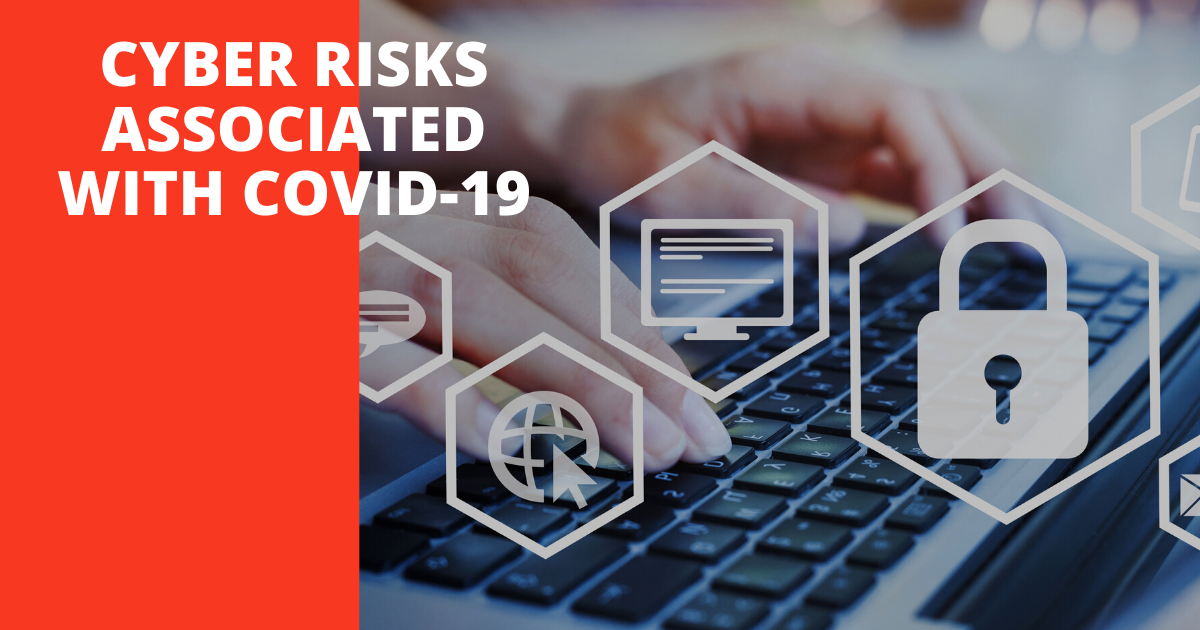
COVID-19 cyber risks are abundant, thanks to hackers attempting to take advantage of the global crisis. The best defense against these threats is pro-active one, founded in awareness.
The following information was shared by FBI collaboration group InfraGard. Please be aware and proceed with caution whenever you receive a suspicious message.
Cyber Risks/Criminals: The FBI reports scammers are leveraging the COVID-19 pandemic to steal your money and your personal information, or both. Protect yourself and do your research before clicking on links purporting to provide information on the virus; donating to a charity online or through social media; contributing to a crowdfunding campaign; purchasing products online; or giving up your personal information to receive money or other benefits. The FBI advises you to be on the lookout for the following:
- FAKE CDC EMAILS – Watch out for emails claiming to be from the Centers for Disease Control and Prevention (CDC) or other organizations claiming to offer information on the virus. Do not click links or open attachments you do not recognize. Fraudsters can use links in emails to deliver malware to your computer to steal personal information or to lock your computer and demand payment. Be wary of websites and apps claiming to track COVID-19 cases worldwide. Criminals are using malicious websites to infect and lock devices until payment is received.
- PHISHING EMAILS – Look out for phishing emails asking you to verify your personal information to receive an economic stimulus check from the government. While talk of economic stimulus checks has been in the news cycle, government agencies are not sending unsolicited emails seeking your private information to send you money. Phishing emails may also claim to be related to charitable contributions, general financial relief, airline carrier refunds, fake cures and vaccines, and fake testing kits.
- COUNTERFEIT TREATMENTS OR EQUIPMENT – Be cautious of anyone selling products that claim to prevent, treat, diagnose, or cure COVID-19. Be alert to counterfeit products such as sanitizing products and Personal Protective Equipment (PPE), including N95 respirator masks, goggles, full face shields, protective gowns, and gloves. More information on unapproved or counterfeit PPE can be found at www.cdc.gov/niosh. You can also find information on the U.S. Food and Drug Administration website, www.fda.gov and the Environmental Protection Agency website, www.epa.gov. Report counterfeit products at www.ic3.gov and to the National Intellectual Property Rights Coordination website at iprcenter.gov
The FBI is reminding people to always use good cyber hygiene and security measures. By remembering the following tips, you can protect yourself and help stop criminal activity:
- Do not open attachments or click links within emails from senders you don’t recognize.
- Do not provide your username, password, date or birth, social security number, financial data, or other personal information in response to an email or robocall.
- Always verify the web address of legitimate websites and manually type them into your browser.
- Check for misspellings or wrong domains within a link (for example, an address that should end i n a “.gov” ends in “.com” instead).
Related Links: Cybersecurity Amidst COVID-19


